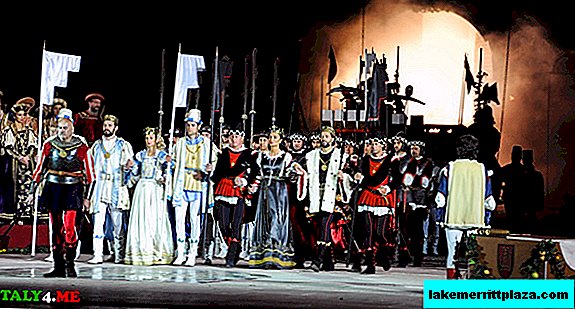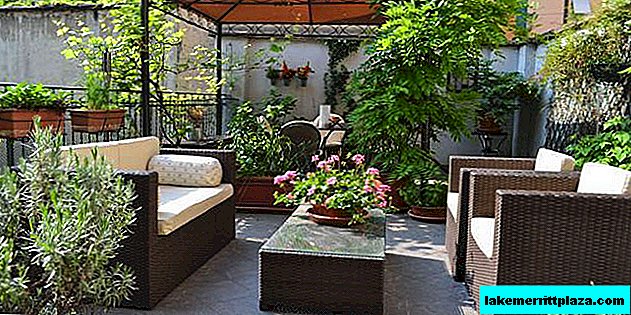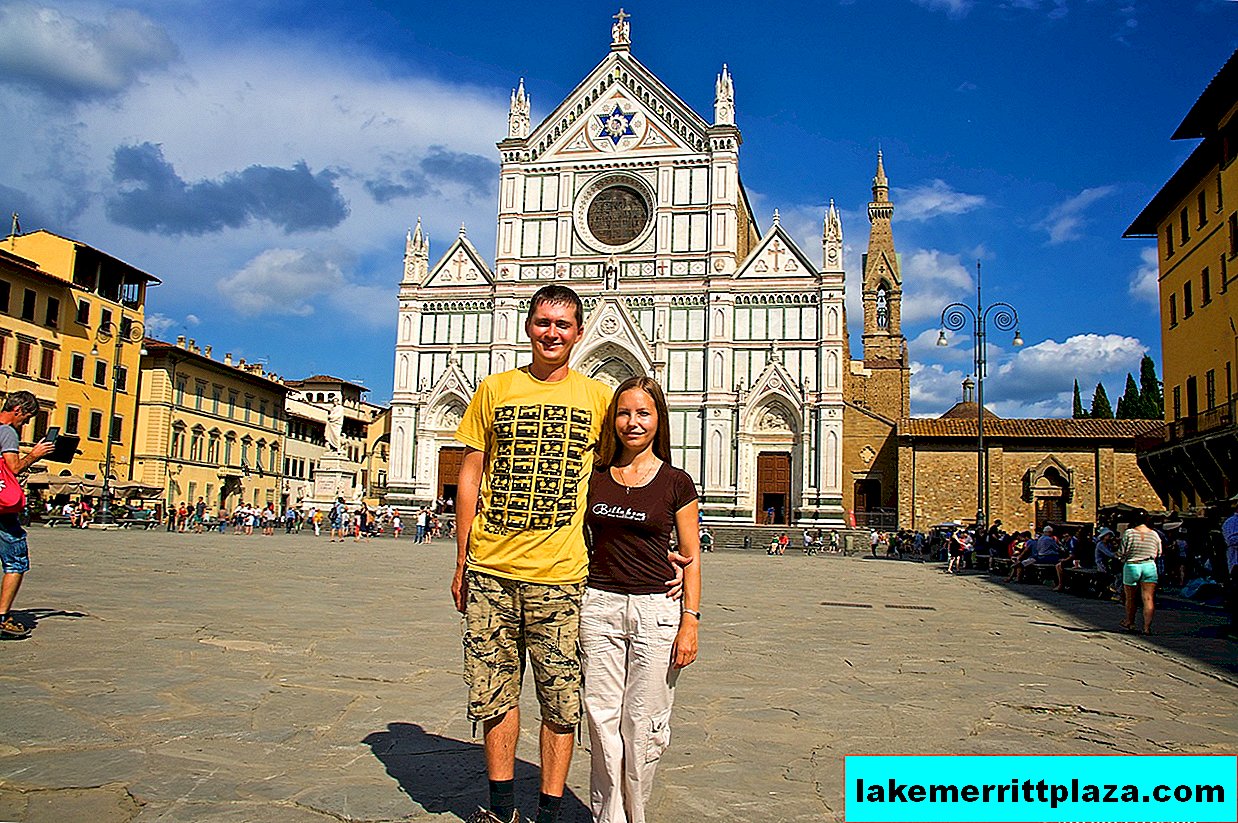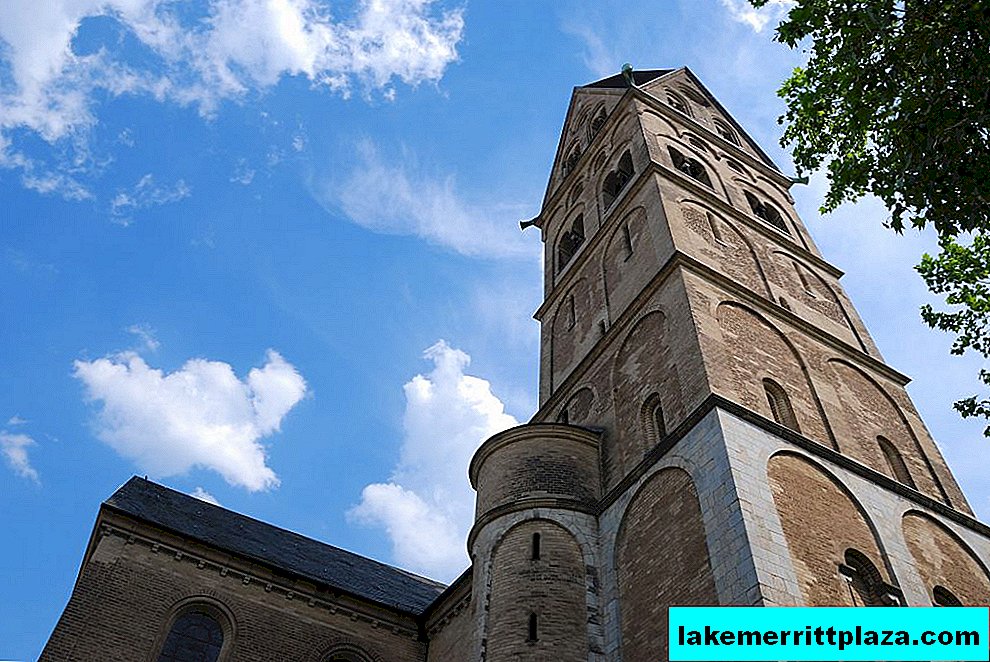A huge number of chess fans will gather again in the Italian city of Marostica to play a very unusual version of this game.
In the city of Marostica, located a hundred kilometers from Venice, the next medieval chess festival will be held from September 12 to 14. It is held every two years and attracts thousands of Italians and tourists who personally want to watch the game of “live chess”. And they are alive because the locals dressed up in old costumes take the place of pieces on a chessboard. And all this colorful action takes place right on the central square of the city.

Italians know Marostica as a "chess city." This place boasts its own amazingly beautiful legend, whose roots go back to the distant 15th century. According to the legend, it all started back in 1454, when Rinaldo d'Angarano and Vieri da Vallonara, young wars from fairly distinguished families, fell in love with the same beauty, the daughter of Taddeo Parisio (Taddeo Parisio), head of the city of Marostica. In those distant and far from humane times, such dramas of a heart character were resolved in a duel. However, Mr. Parisio categorically refused to agree to a banal fight or battle: he did not want to lose one of his soldiers or become the sworn enemy of the loser. That is why the cunning and resourceful lord of the city invited his opponents to play chess. The loser would unconditionally marry Lionor (that was the name of the girl), and the loser would get the second daughter of Taddeo - Orlanda.

The whole city froze in anticipation of an intellectual duel, but until a few hundred years remained before the appearance of television screens, the spectacle problem was solved as follows: Parisio gave the order to remake the main square of Marostica into a huge chess field. When everything was ready, the head of the city, as well as the prizes of the duel (Lyonora and Orlanda) took their places in the box in order to direct the townspeople dressed in figures to go from there. The story is silent about who won the game, and who got the second place. It is only known that after the match in Marostik large-scale festivities and festivities began, which lasted for several more days and gradually flowed into weddings.

The idea of the medieval lord Marostiki has been preserved to this day. And today, the main city square looks like a giant chessboard, on which live queens, kings and queens (residents dressed in local traditional costumes of ancient times) are walking around. The action begins with the appearance of a rider galloping across the square on a horse. He stops near the castle, throwing a glove on the floor, which symbolizes the challenge. After that, the gates of the castle are opened, and modern Taddeos and Lionora come out of them, accompanied by court ladies and husbands, to which applicants for the beauty’s hand later join.
Soon the party itself begins: the herald loudly announces moves, and the “pieces” on the board begin to move actively around the board until the end of the game. Check and checkmate is indicated by the roar of pipes and the roar of drums, and then Lionora and her future husband solemnly go around the square, holding hands. Each festival plays a new game, played once in reality by the most talented grandmasters of our time. In total, up to a thousand characters take part in the pageant.

The organization of each performance is a very painstaking work that is definitely worth the effort. As mentioned earlier, a game of "live" chess is played once every two years, in even years. This September, tickets to the stands, from where you can watch the performance, as Taddeo did five centuries ago, will cost you from 15 to 90 euros, depending on the day of the presentation, as well as the location.
Hotels in Marostik
Marostika is a small town and it has only 7 hotels. Accommodation prices are much lower than Rome and Milan and are in the range of 50-80 euros per night. In the days of the festival, we advise you to take care of booking a hotel room in advance.
View accommodation options in Marostik
How to get to Marostica
Since there is no railway station in Marostik, the only comfortable transport is a car. You can compare all options for car rental in Italy and book the most profitable on the site auto.italy4.me
From Milan
Take the A4 motorway towards Venice and take the A31 towards Piovene Rocchette. After this, take the SS 248 Marosticana-Schiavonesca highway towards Marostiki.
From venice
You should take the A4 motorway in the direction of Malina, after turning on Grisignano di Zocco (Grisignano di Zocco) turn towards Piovene Rocquete. Next, turn onto the SS 248 Marostikana Schiavonesca highway in the direction of Marostiki.
From padua
From Padova, take the SS 47 motorway towards Bassano del Grappa, then turn towards Marostiki.
Airports
Venice - Verona - Treviso - Milan.
Official website of the Chess Festival: www.marosticascacchi.it








